




This lovely couple has just tied the knot, and to celebrate, this special wedding edition was created – filled with love, laughter, and surprises waiting to be discovered. Make yourself comfortable, flip through the pages, and enjoy this day as if there were no tomorrow!
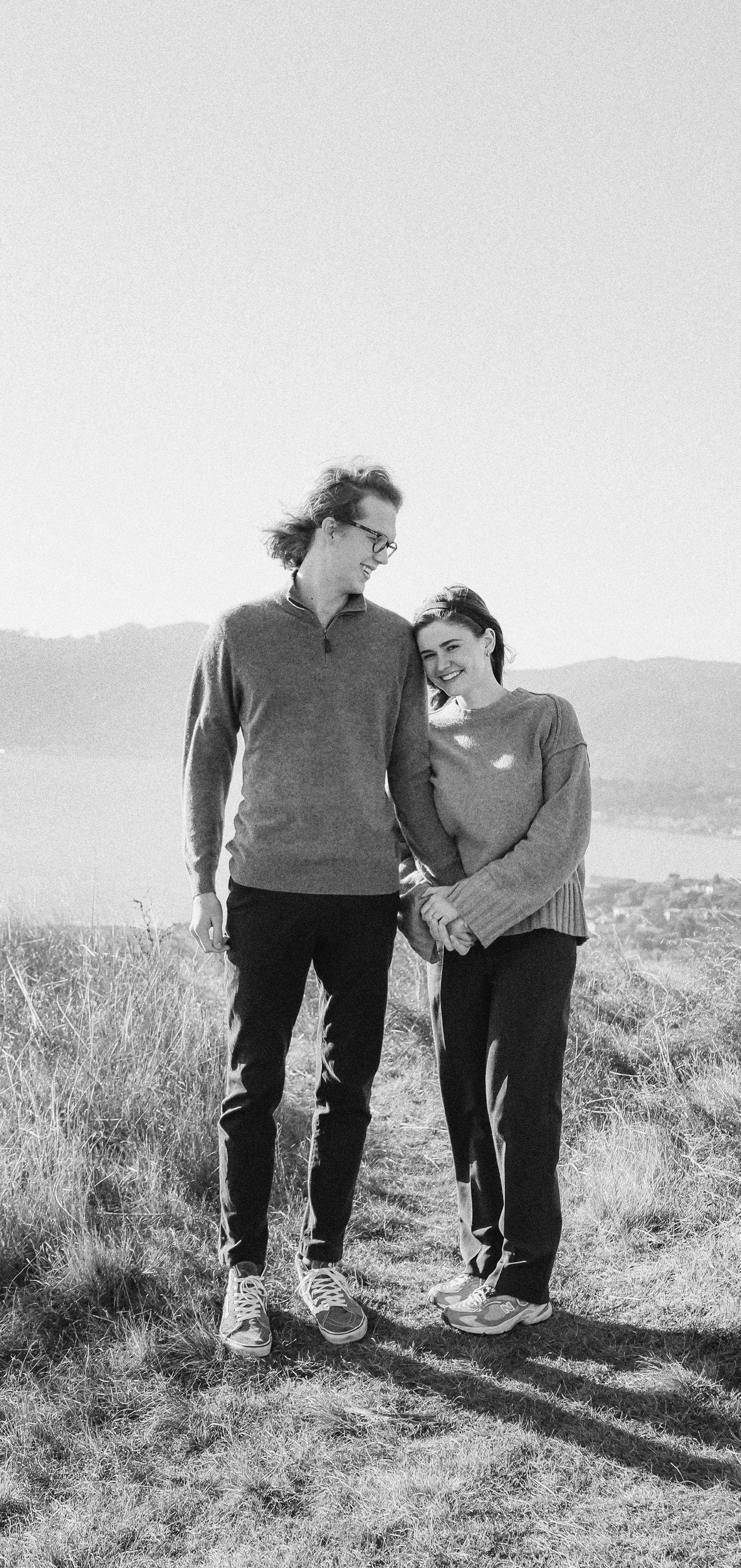

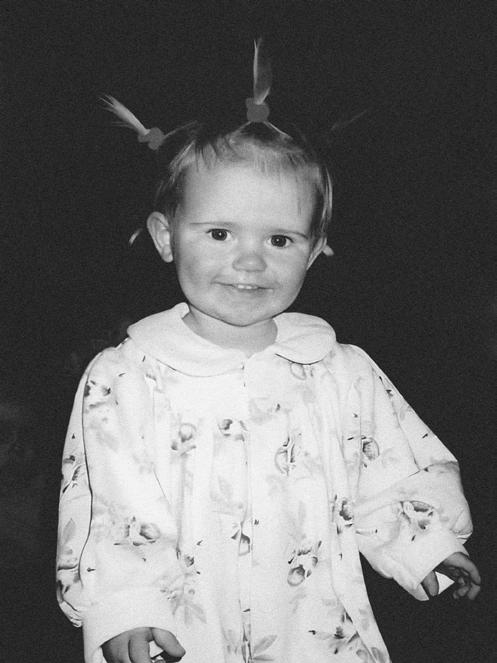
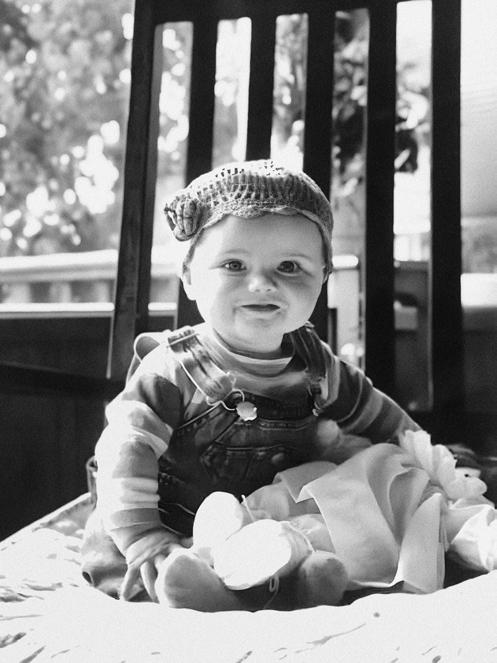
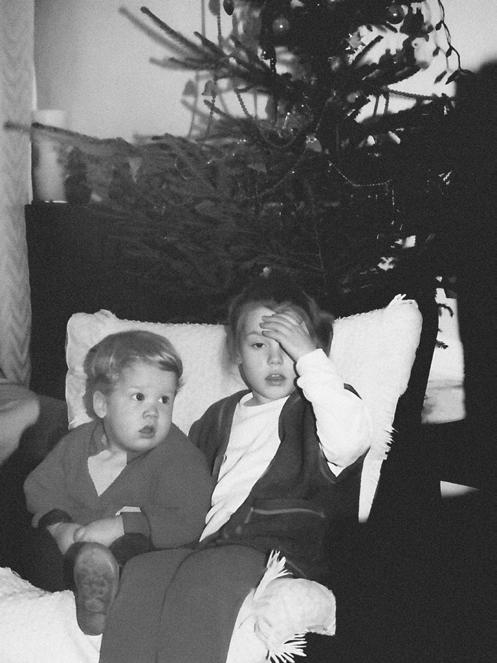
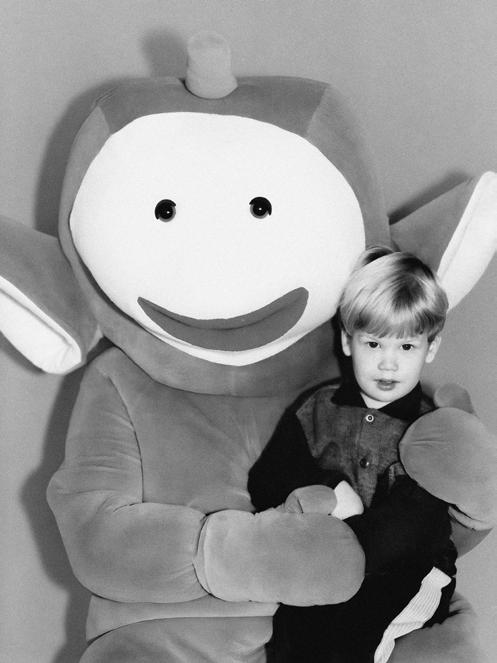
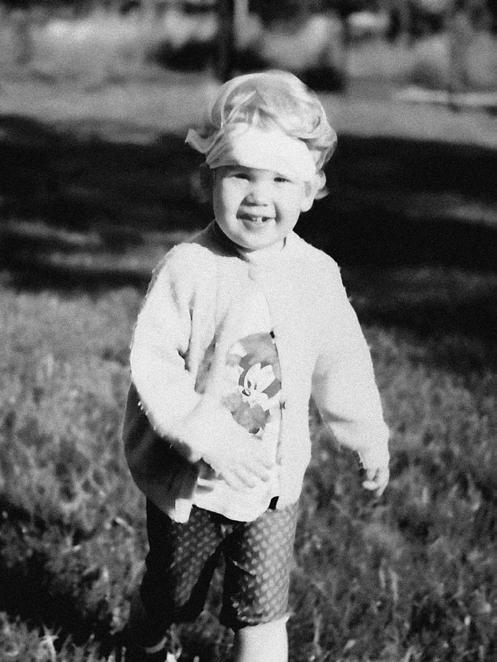
Even before we got engaged, we knew we wanted our wedding to feel more like a joyful backyard reunion than a formal event. We imagined a night surrounded by nature, with good food, drinks, laughter, and dancing under the stars. We weren’t looking for glamour, we were looking for heart, history, and a place that felt like us. From the moment we visited Sady Albigowa, we knew we had found it. And tonight, we’re so excited to share this special place with you.
One of the oldest Polish wedding traditions is welcoming the newlyweds with bread and salt. These symbolize prosperity, safety, wealth, and good fortune in marriage. Usually, it’s the parents – more specifically, the mothers – who greet the couple at the entrance to the wedding venue. After this, the couple is expected to eat a piece of the bread with salt. Then, the groom may carry the bride over the threshold of the wedding hall.
Another tradition is the breaking of glasses. On a tray alongside the bread and salt, there are usually two shot glasses – one filled with vodka, the other with water. The couple chooses and drinks one each. Folklore says that whoever picks the vodka will be the dominant one in the marriage. Then, they throw the glasses behind them to break them. A superstition holds that the more glass shards there are, the more happiness the couple will have. If one of the glasses doesn’t break, it’s considered bad luck, but that can be fixed by smashing it
The village of Albigowa was for centuries closely connected with the rulers of the nearby Łańcut Castle – namely the Pilecki, Potocki, Stadnicki, and Lubomirski families. In her work Sketches on the Economy, J. Rychlikowa notes that as early as 1857, Albigowa was one of 28 manorial farms of significant economic importance. Its golden era, however, came
quickly under a heel. Nowadays, some couples choose to move this tradition to the reception and break glasses after a toast with champagne, together with their guests. The rule stays the same.
When midnight strikes, it’s time for „oczepiny” – the most well-known Polish wedding tradition, shared among many Slavic cultures. Though it looks different today, it stems from a historic ritual. Traditionally, the bride was taken to a separate room where her maiden wreath was removed, her hair (often braided in an elaborate braid) was cut, and she was given a „czepiec” – a symbolic married woman’s cap. The word „oczepiny” comes from that cap. Today, this symbolic farewell to single life is transformed into a fun party game. The bride throws her veil (sometimes a wreath or bouquet) behind her to a group of single women – whoever catches it is said to be the next to marry. The groom does the same with his bow tie or necktie, tossing it to the bachelors. Often, the couple is blindfolded so fate can decide who catches their items.
during the interwar period, when a stud farm for purebred Arabian racehorses was established here – one of the finest private studs in Poland. Horses from Albigowa won many international races and were even purchased by General Anders for military use. One of its most exceptional horses was Bask—a stallion commemorated in the United States with a bronze statue, who also lends his name to our house-made cherry liqueur.

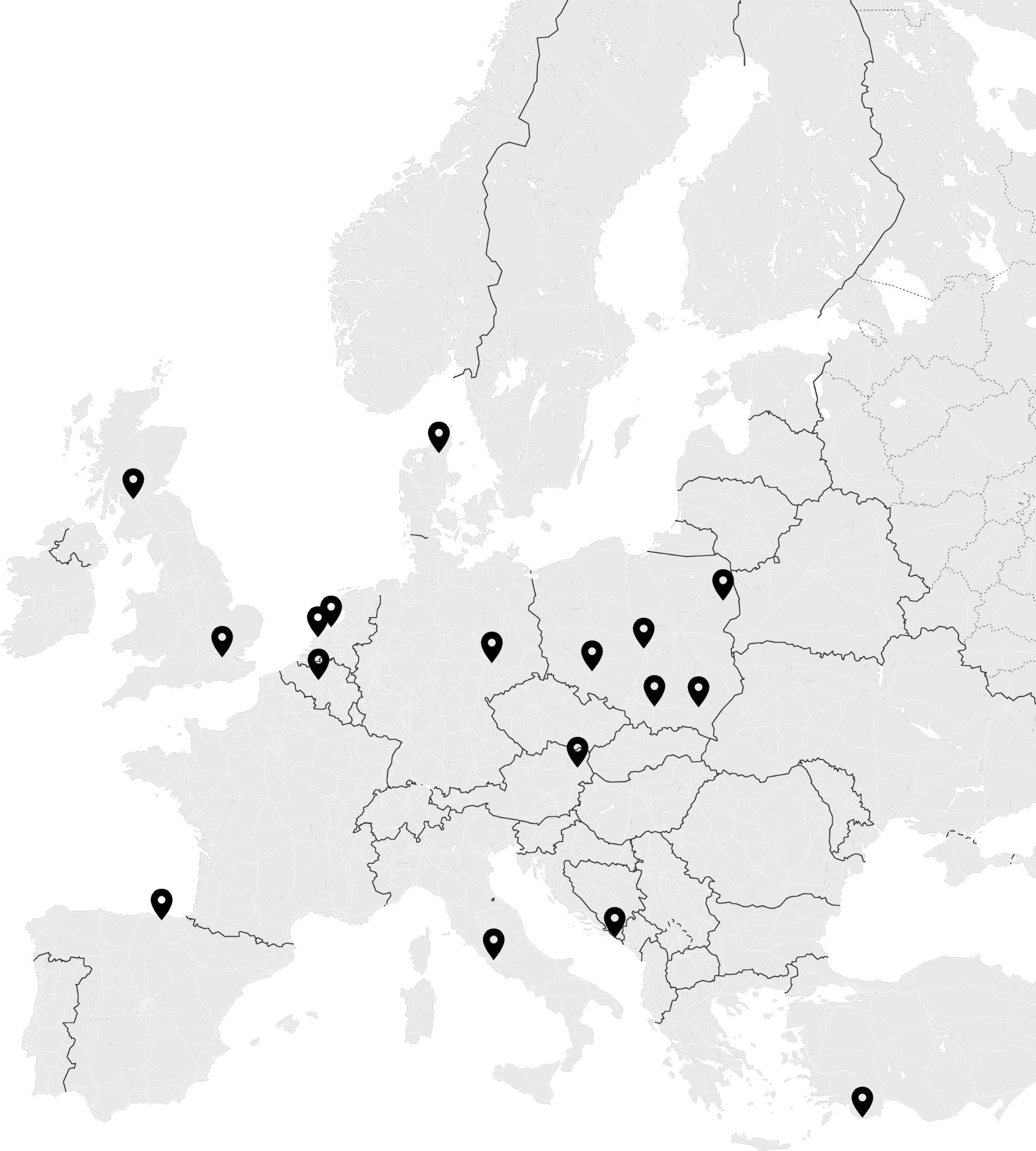
SEATTLE (WA)
AMSTERDAM THE HAUGE
BIAŁYSTOK
ŁÓDŹ
KENSINGTON (CA)
SAN LUIS OBISPO (CA)
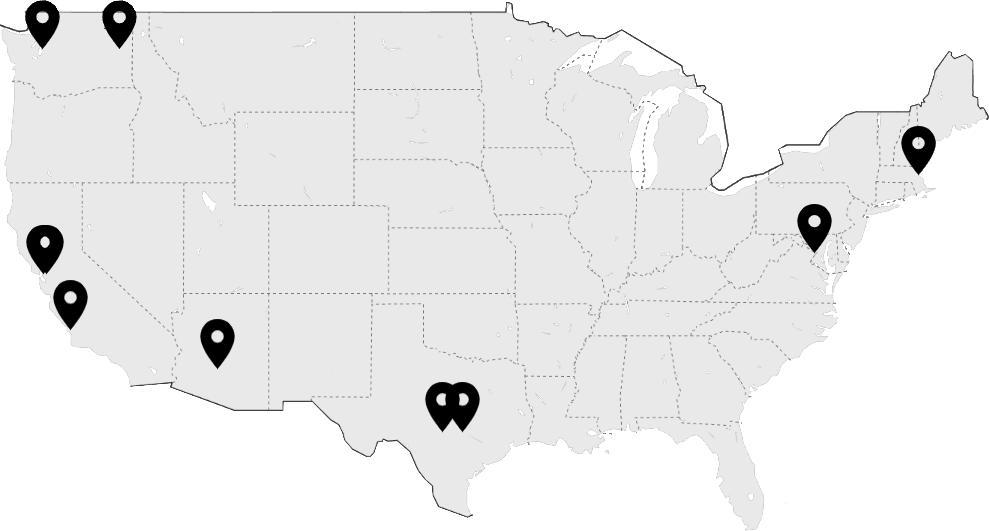
SPOKANE (WA)
WALNUT CREEK (CA)
PHOENIX (AZ)
FREDERICKSBURG (TX) AUSTIN (TX)

(MA)
WASHINGTON (DC)
4:00 PM CEREMONY BEGINS
4:30 PM FIRST TOAST CAKE CUTTING
FOLLOWED BY: FAMILY PICTURES
4:45 PM COCKTAIL HOUR IN RECEPTION SPACE
5:30 PM [POLISH TRADITION] WELCOME OF THE NEWLYWEDS WITH BREAD, SALT AND VODKA
5:50 PM FIRST DANCE
6:00 PM FIRST DINNER
7:00 PM CHILL OUT / LAWN GAMES / DANCE TIME
10:00 PM SECOND DINNER
12:00 AM [POLISH TRADITION] „OCZEPINY” BOUQUET RIBBON CUTTING, TIE TOSS
12:00 AM THIRD DINNER
1:00 AM TRANSPORT BACK TO RZESZÓW BEGINS
4:00 AM WEDDING ENDS
WE ARE HAVING AN

CEREMONY
We want to be fully present and enjoy each moment. We kindly request that you put away your phones and cameras.
Following the ceremony we invite you to follow the couple to the ceremony space for cake cutting and a toast followed by cocktail hour.
If your last name is:
Walker, Łubgan, Glac, Malinowski, Alberti, or Durejko - please stick around after the cake for family portraits.
TRANSPORT
Shuttle: hourly starting at 1:00am
In the event of needing to return earlier, see Kamil Sznajder to help you call a taxi.
FIRST DINNER
SERVED TO SEATS
SOUP
Tomato Bell Pepper Cream
MAIN COURSE
Sous Vide Turkey Breast, Mashed Potatoes, Rustic Vegetables with Green Olive Oil, Beetroot Reduction, Cheese Sauce

Stuffed Zucchini Roulade with Vegetables and Ricotta
Apple Tart
BUFFET STYLE GRILL SERVED ON LANDING
Local sausage, chicken shashlik + bacon + vegetables, potatoes in papillotes, mix of grilled vegetables, bread, pork neck, black pudding in papillotes with onion and cabbage
MIDNIGHT DINNER
BUFFET STYLE SERVED INSIDE
Dumpling bufet
Sour rye soup with egg and local sausage
COUNTRY TABLE
Known to the Walkers as the infamous „sausage wagon”. SERVED ALL NIGHT FOLLOWING FIRST DINNER
Ogórki kiszone, chrzan, pikantne buraczki, smalec ze skwarkami i boczkiem, proziaki, masło czosnkowe, twarożek ze śmietaną i koperkiem, schab faszerowany mięsem mielonym, schab ze śliwką, szynka pieczona ze skórą, polędwica faszerowana kiełbasą, pasztet z wątróbką, salceson, mięso peklowane
STÓŁ Z PRZEKĄSKAMI
SERWOWANY PRZEZ CAŁĄ NOC PO OBIEDZIE
Regional cold cuts, sausages and „kabanos” (skinny sausage), bread, tortilla pockets, mini breads, baked chicken pieces, filo pastry triangles, assortment of regional cheeses, spring salad, polish-style salad
SWEET TABLE
A mix of small potted desserts, cakes, cupcakes, and puddings